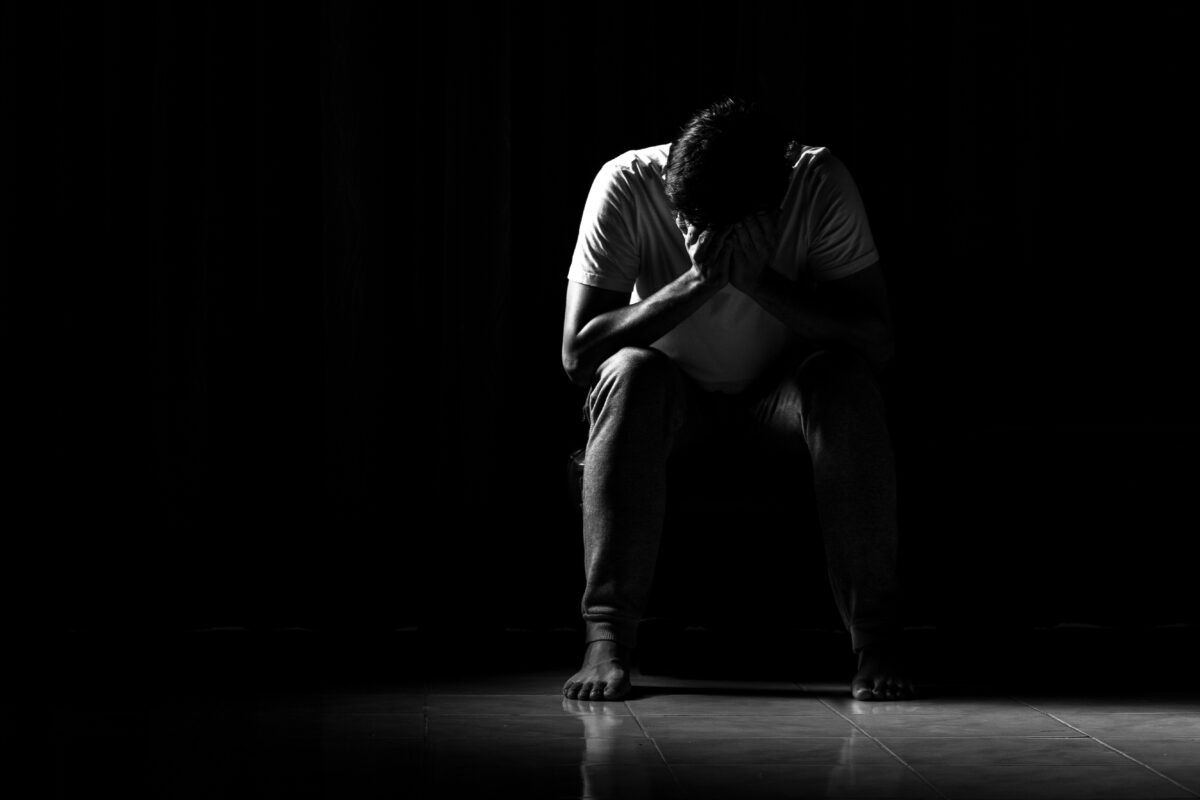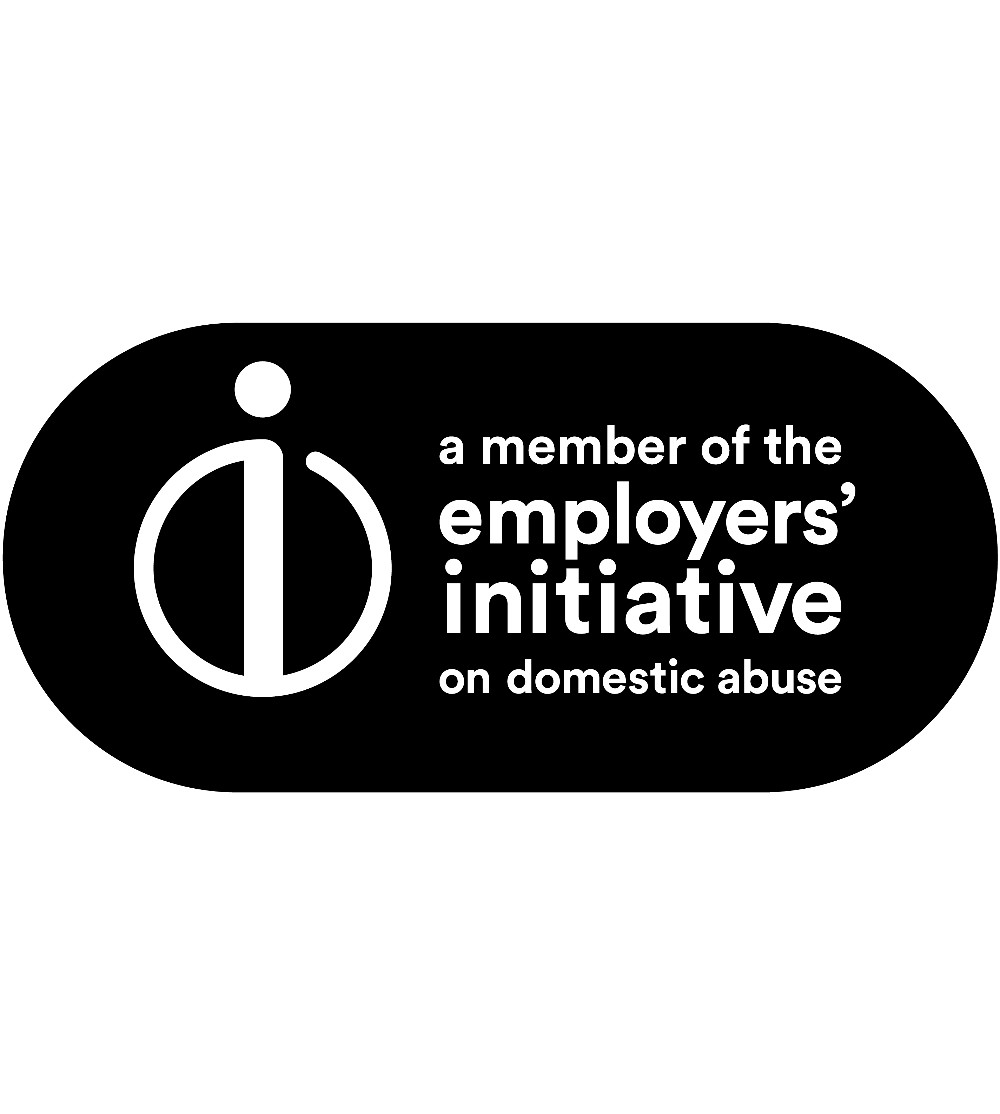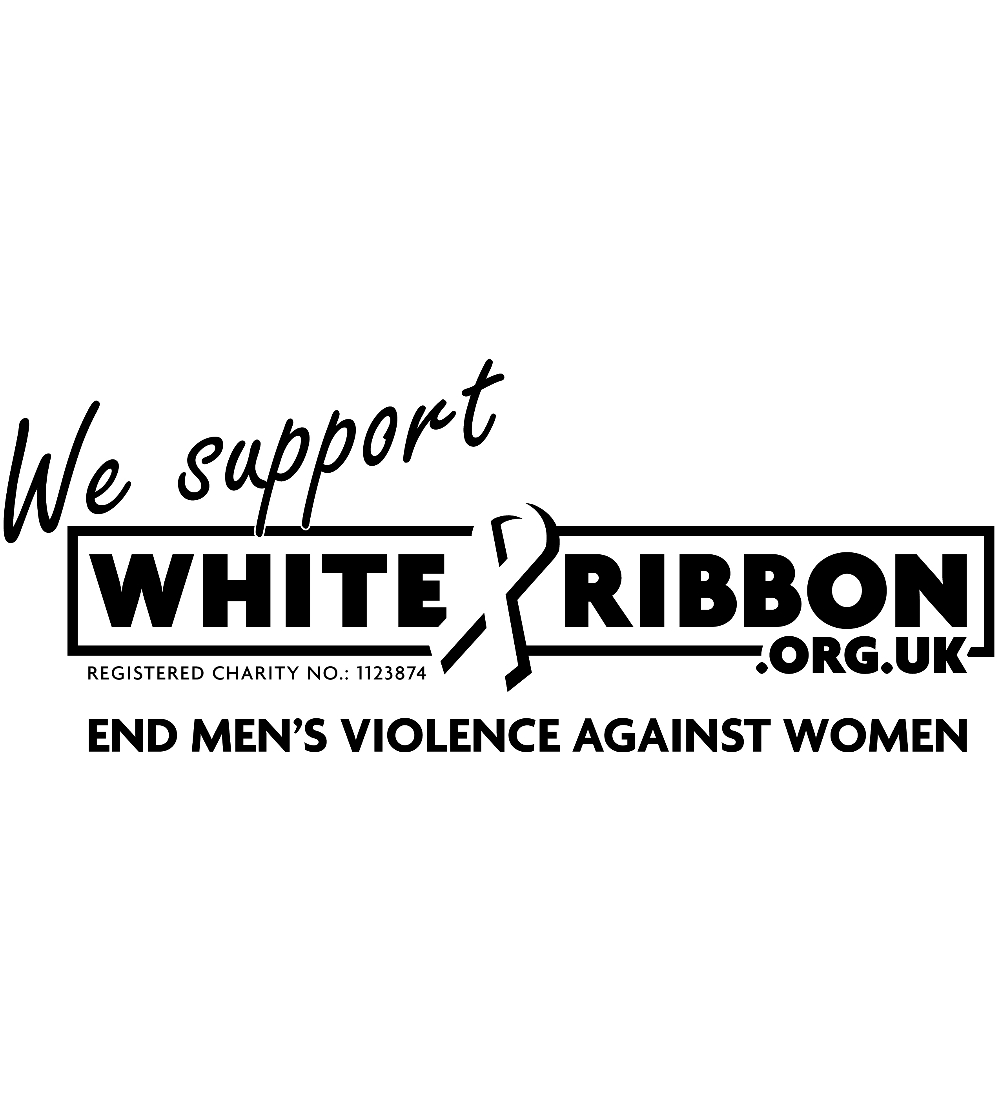Recent studies reveal that one in seven men experiences domestic abuse during their lifetime, yet male victims of domestic violence remain largely invisible in public discourse. These men face unique challenges that often go unrecognised, from societal stigma to systematic barriers to accessing support services. Their experiences deserve attention, understanding, and proper recognition within the broader conversation about domestic abuse.
The impact of domestic abuse on male victims extends far beyond physical harm, encompassing emotional abuse, coercive control, and stalking. Many survivors face additional trauma through gaslighting tactics and the weaponisation of their children against them. This article examines the complex reality of male domestic abuse, exploring both the psychological impact on survivors and the available support systems that can help them rebuild their lives.
The Invisible Victims: Understanding Male Domestic Abuse
Domestic abuse against men remains a significantly underreported issue, with studies showing that only 20% of male victims ever disclose their abuse to authorities. The complexity of male domestic abuse extends far beyond traditional understanding, encompassing various forms of control and manipulation that often go unrecognised.
Defining domestic abuse against men
Domestic abuse against men encompasses any incident or pattern of controlling, coercive, physical or threatening behaviour between intimate partners or family members. Research indicates that as many as one in three domestic violence victims are male, yet their experiences often remain hidden due to societal misconceptions and cultural barriers.
Common forms of abuse experienced by male victims
Male victims experience multiple forms of abuse, including:
- Physical violence – including hitting, kicking, and use of weapons
- Emotional manipulation – involving humiliation and belittling
- Financial control – restricting access to money and resources
- Sexual abuse – including coercion and unwanted contact
- Digital harassment – monitoring online activities and communications
Studies reveal that a 37% increase in helpline calls was recorded during the COVID-19 pandemic, highlighting the escalating nature of this issue. The abuse often involves sophisticated forms of psychological control, with perpetrators frequently using children as leverage against fathers.
Barriers to reporting and seeking help
Male victims face unique challenges when seeking support, with research showing that 30% of men who disclosed abuse to professional services reported being dismissed, accused, or ridiculed. The primary barriers include:
The fear of not being believed remains a significant obstacle, compounded by traditional gender stereotypes that cast men as perpetrators rather than victims. Studies indicate that male victims often delay seeking help for years, with 13% never disclosing their experiences and 21% only revealing abuse after the relationship ends.
Harmful gender norms and stereotypes surrounding masculinity prevent many men from discussing these issues until they reach a crisis point. Additionally, the lack of visible support services and cultural messages that predominantly portray domestic violence as a female issue create substantial barriers for male victims seeking assistance.
The Psychological Impact: Trauma and Mental Health
The psychological impact of domestic abuse on male victims extends far beyond immediate trauma, creating deep-seated emotional wounds that can persist long after the abuse ends. Recent data from the Men’s Advice Line reveals a concerning increase in the complexity and severity of abuse cases, with helpline advisors reporting a significant rise in male victims discussing suicidal ideation, extreme anxiety, and feelings of hopelessness.
Effects on self-esteem and identity
Male survivors often struggle with profound damage to their self-esteem, particularly when confronted with societal expectations of masculinity. Many express deep shame about their situation, with survivors frequently stating, “I feel like I shouldn’t be in this position”. This internal conflict is further complicated for men from minority communities, who face additional cultural barriers and isolation.
Depression, anxiety, and PTSD in male survivors
Research demonstrates that male victims experience significant psychological trauma, with studies showing that they are just as likely to suffer from PTSD as female victims. The impact is particularly severe for those experiencing intimate terrorism, where victims seeking professional help demonstrate a substantially higher risk of developing PTSD compared to those experiencing common couple violence.
Coping mechanisms and self-destructive behaviours
Male survivors often develop various coping strategies to manage their trauma. Common harmful coping mechanisms include:
- Substance abuse and alcohol dependency
- Self-isolation and emotional withdrawal
- Aggressive outbursts and self-destructive behaviour
- Denial and minimisation of abuse
Mental health professionals have observed that male victims frequently experience sleep disorders, mood disturbances, and uncontrolled anger. The psychological impact can be particularly devastating when combined with the fear of speaking out, creating what experts describe as a “perpetual state of hyperarousal” where victims live in constant anticipation of the next incident.
Studies focusing specifically on male victims have identified long-lasting consequences, including a higher prevalence of binge drinking and persistent post-traumatic stress disorder. This trauma response is often exacerbated by gender norms that expect men to be “strong” and “in control,” making it particularly challenging for male victims to process their experiences and seek appropriate support.
Children as Weapons: The Devastating Impact on Families
In domestic abuse cases involving male victims, children often become powerful tools of control and manipulation. Research indicates that approximately 5.7 million cases of domestic abuse occur annually, with a significant portion involving children being used as weapons against the abused parent.
How abusers manipulate and control using children
Abusive partners employ various tactics to weaponise children against male victims, including:
- Threatening to take full custody if the victim leaves
- Forcing children to spy on the abused parent
- Manipulating children’s perception of the abused parent
- Using court systems to maintain control through custody battles
Studies show that abusers frequently employ what psychologists term “parental alienation,” where they systematically turn children against the other parent. This manipulation creates a devastating dynamic where children begin to reject half their identity due to hurt and anger.
Effects on father-child relationships
The impact on father-child relationships is profound and multifaceted. Research reveals that 75-80% of children exposed to father-targeted domestic violence maintain contact with their fathers, yet these relationships are often severely compromised. Abusive partners frequently corrupt children’s reality, convincing them that their father never loved them or is unsafe to be around.
Long-term consequences for children witnessing abuse
The long-term effects on children are particularly concerning. Studies indicate that 1 in 15 children are exposed to intimate partner violence, with many experiencing significant trauma. These children often develop:
Physical symptoms include headaches and stomach pains, while psychological impacts manifest through anxiety, depression, and post-traumatic stress disorder. Research shows that children exposed to domestic violence are ten times more likely to perpetuate abusive behaviours in their adult relationships.
Mental health professionals have observed that children weaponised in domestic abuse cases frequently report feeling helpless, disconnected from their emotions, and struggling with trust issues in later life. The isolation often extends beyond the immediate family, as children lose connexions with extended family members and their broader social networks.
Breaking the Silence: Support and Resources for Male Survivors
Support services across the United Kingdom have expanded significantly to address the unique needs of male survivors of domestic abuse. A comprehensive network of specialised organisations now offers confidential assistance through various channels, ensuring that help is accessible to all men experiencing abuse.
Specialised helplines and support groups
Our excellent partners, The ManKind Initiative, is the principal, expert and specialist charity in the UK focussing on male victims of domestic abuse. The charity collaborates closely with other organisations and practitioners to support victims and operates a nationwide helpline that supports men experiencing domestic abuse from current or former partners. You can contact them on 0808 800 1170
Speaking out
Meet Craig Bain, one of our amazing ambassadors for Domestic Abuse Education. Craig’s role as an ambassador and male survivor of domestic abuse is a powerful reminder that it takes men speaking up, too, to break the silence surrounding abuse.
His openness not only helps challenge the stigma that male victims often face but also encourages other men to come forward and seek support. By sharing his story, Craig is creating a culture of understanding and empowerment, showing that abuse knows no gender and that no one should suffer alone. His voice is essential in driving change and fostering a safer, more inclusive environment for all.
Conclusion
Male domestic abuse represents a complex social issue that affects millions of lives yet remains shrouded in silence and misconception. The devastating impact extends far beyond physical harm, creating deep psychological wounds that affect both survivors and their children. Society’s reluctance to acknowledge male victims, combined with harmful gender stereotypes, has created significant barriers that prevent countless men from seeking the help they desperately need.
Hope exists through growing support networks, specialised services, and increasing public awareness of this critical issue. Professional organisations across the UK stand ready to provide confidential support, legal protection, and therapeutic services tailored to male survivors’ unique needs. Every man deserves to live free from abuse, and speaking out marks the first step toward recovery and rebuilding shattered lives.
The path to healing starts with acknowledging that abuse knows no gender, and that support is available for all who need it.









